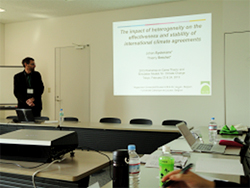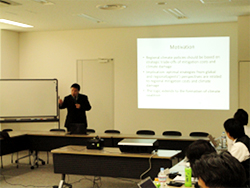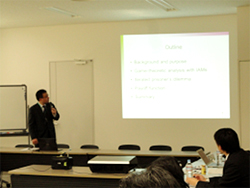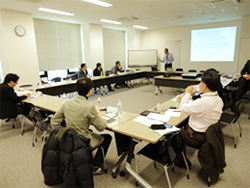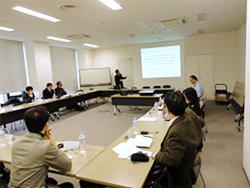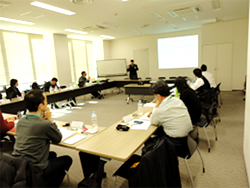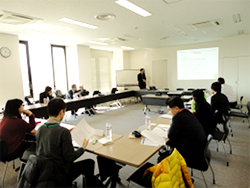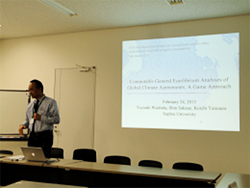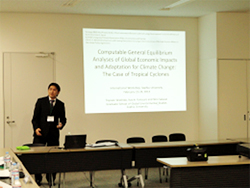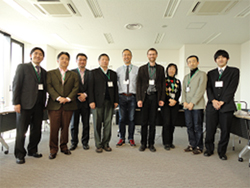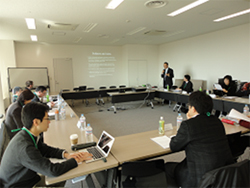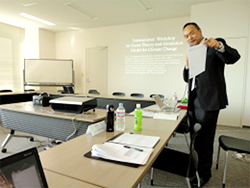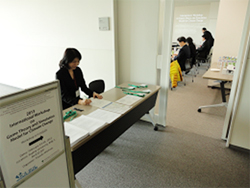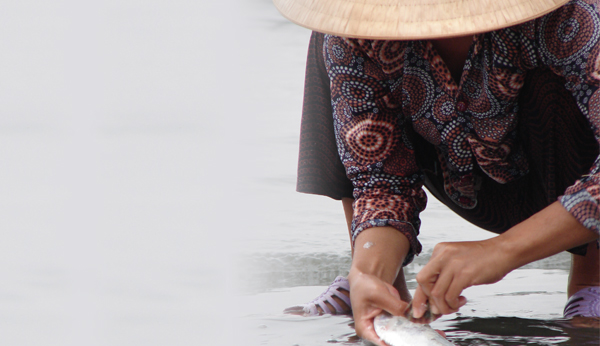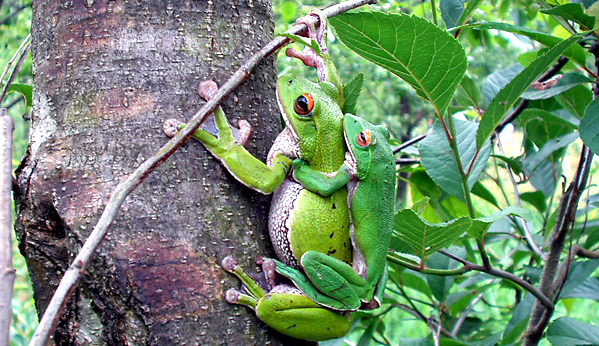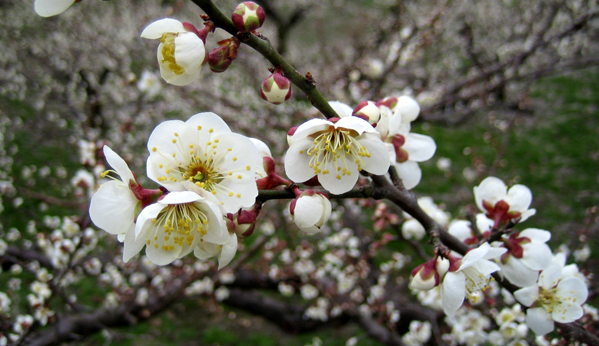POST WORKSHOP REPORT by Koichi Yamaura
The international workshop on game theory and simulation model for climate change was on February 23rd and 24th at Sophia University. The aim of the workshop was to share international and domestic researches on climate change, promote discussion of their works in the models both theoretically and empirically in the area of climate change impacts with funding from the Environmental Research and Technology Development Fund (S-10) of the Ministry of the Environment, Japan.
On the first day of the workshop, two invited foreign professors and a domestic researcher lectured their works. Professor Johan Eyckmans from the Hogeschool-Universiteit Brussel, Belgium, presented "the Impact of Heterogeneity on the Effectiveness and Stability of International Climate Agreements.” During his presentation, Dr. Eyckmans introduced his climate change model and then showed his accomplishments using game theoretic approach. Professor Zili Yang from State University of New York at Binghamton, U.S.A., presented "Climate Damage and Mitigation Costs vs. the Core Sustaining Climate Coalition.” He is the co-investigator for one of the most famous computable general equilibrium model for climate change in the world. Dr. Yang showed his new idea based on the RICE model in this workshop. Dr. Takashi Yano, a researcher in Institute of Global Environmental Strategies (IGES), introduced his research "Dynamic Games within an Integrated Assessment Model.” Dr. Yano mainly introduces motivation, background and question on his project.
From Graduate School of Global Environmental Studies in Sophia University, Professor Toyoaki Washida and Dr. Koichi Yamaura, a postdoctoral fellow, presented their works on the second day. Professor Washida presented "Computable General Equilibrium Analyses of Global Climate Agreements: A Game Approach.” Dr. Washida presented his investigated model and CO2 negotiation game results.
Dr. Yamaura presented "Computable General Equilibrium Analyses of Global Climate Agreements: The Case of Tropical Cyclones.” Dr. Yamaura, on the other hand, focused on the damage by climate change from global warming, and presented his new challenge.
There were enthusiastic and rich discussions on both days beyond the original schedule time. Workshop participants were a wide variety of institutes including Central Research Institute of Electric Power Industry (CRIEPI), the Institute of Applied Energy (IAE), Mitsubishi UFJ Research and Consulting, National Institute for Environmental Studies (NIES), Ryukoku University, and Sophia University. Professor Washida, Dr. Yamaura and Dr. Shin Sakaue, who is also a postdoctoral fellow, were organizers of this workshop.
